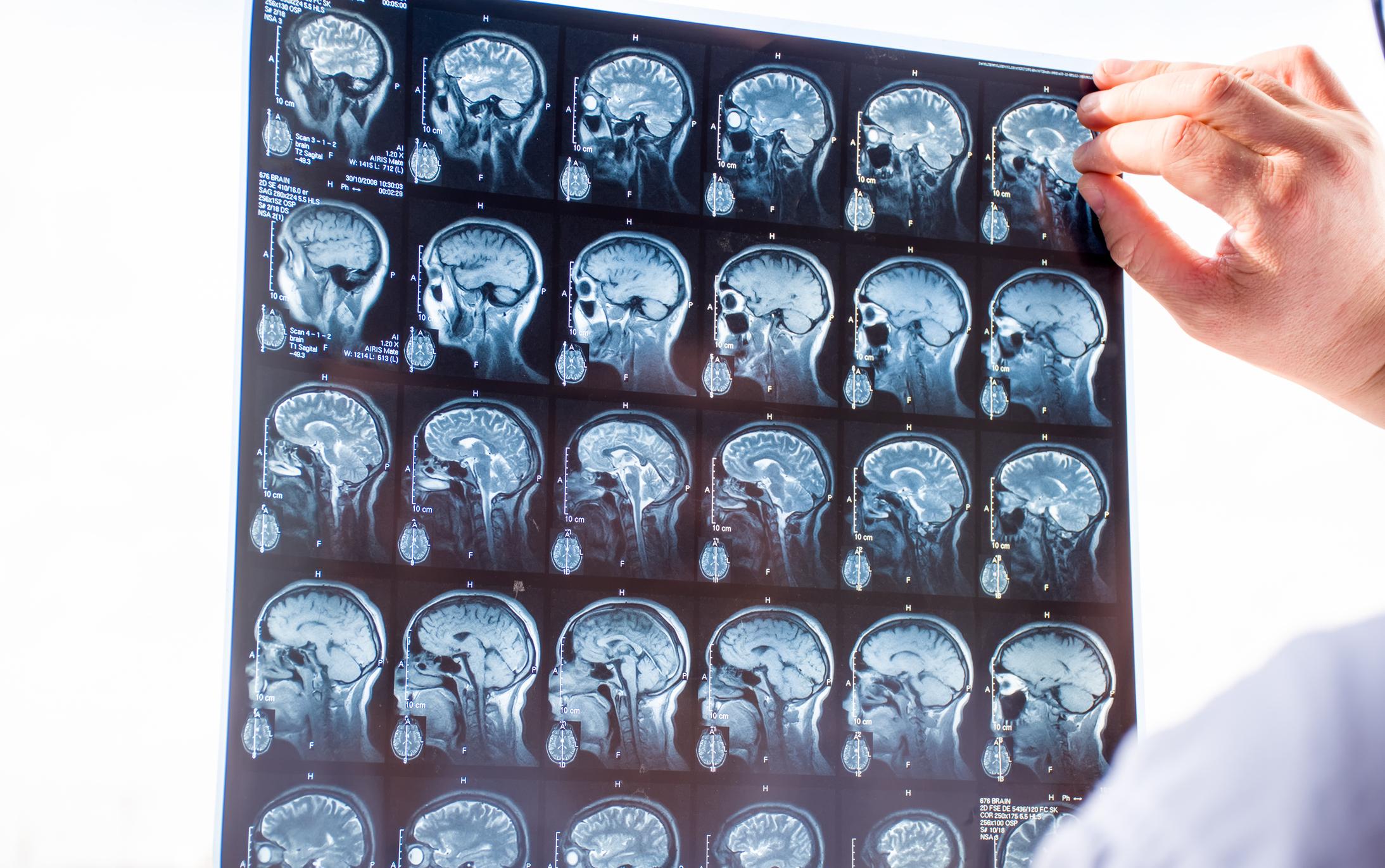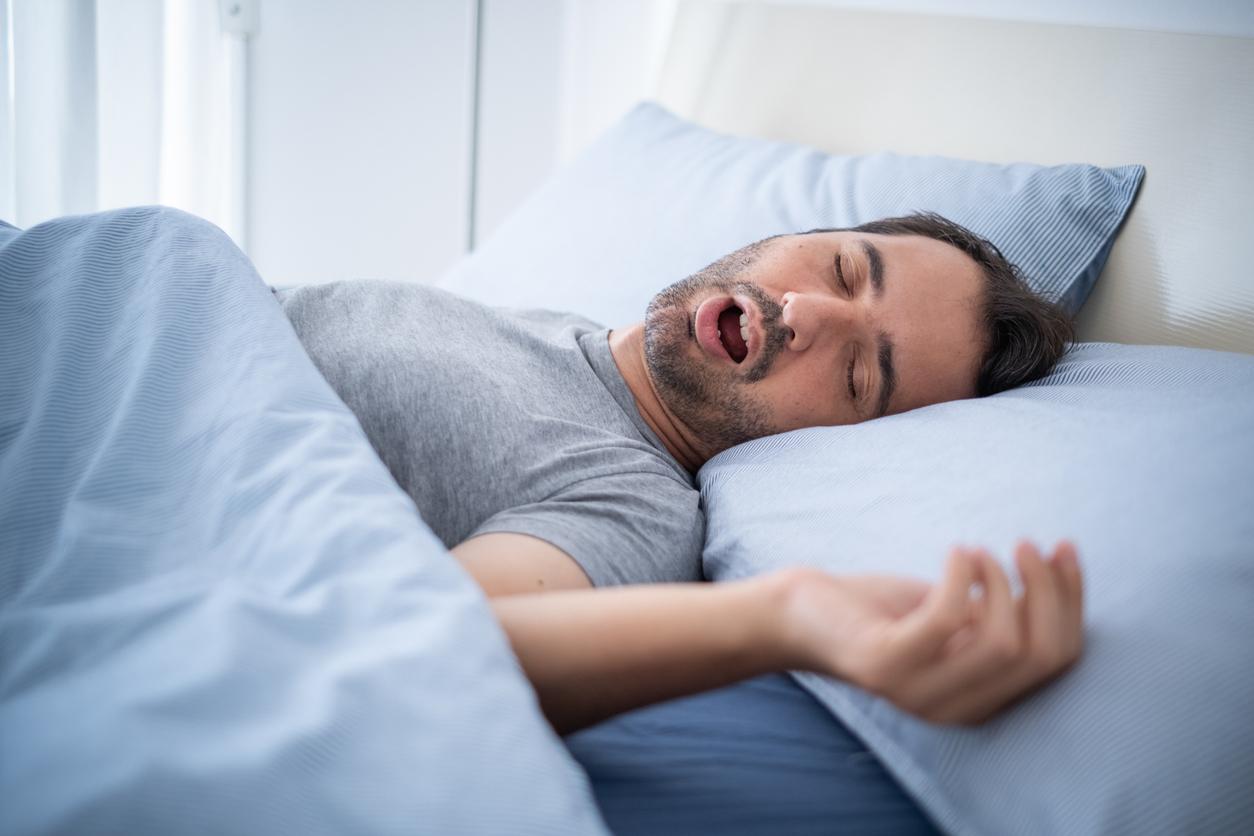Parents in Georgia have lost custody of their son for treating his severe epilepsy with cannabis. However, a recent study confirms that this plant effectively reduces seizures.

To fully understand this story reported by CBS, let’s start with the context. Yes medical cannabis is legal in 29 US states, this is not the case in Georgia, where Suzeanna and Matthew Brill live.
Ten seizures per day
Their son, David, suffers from severe epilepsy, which can have up to ten seizures a day. Disarmed in the face of their child’s illness, the parents end up giving him some weed to smoke. The little patient then spends 71 days without any health concerns, where all traditional medicines had failed.
Delighted with this alternative medicine, the mother talks about it to David’s psychologist, who informs the authorities. A few hours later, Georgian police arrived at the Brill’s home to give David a drug test, which obviously turned out to be positive. The parents are then sent to prison for irresponsible behavior, and the child, initially hospitalized for a week, is placed in a home.
David has been living there for a month. Without medical cannabis, he suffers from new epileptic seizures. The Brills have started raising funds to pay a lawyer to regain custody of their son, but the process could take a year. Last February, a federal judge dismissed a lawsuit that sought to legalize medical cannabis throughout the United States, in the name of the right of individuals to use a vital drug for them.
Clinical test
According to a clinical test published in the journal The Lancet last January, therapeutic cannabidiol in combination with standard antiepileptic therapy does, however, reduce the frequency of epileptic seizures which lead to sudden falls (due to the sudden loss of muscle tone). At the end of the study, seizures and falls were reduced by 43.9% for the cannabidiol group, compared to a reduction of 21.8% for those who had taken the placebo.
The research recruited 171 patients aged 2 to 55 years from different countries, who had had various seizures in the past six months. All the patients were very resistant to the treatment; they were taking three antiepileptic drugs and had an average of 73.8 seizures per month.
Lennox-Gastaut syndrome
About 1 to 4% of cases of childhood epilepsy are caused by Lennox-Gastaut syndrome, a severe, persistent form of epilepsy involving several types of seizures and cognitive impairment. Although there are a variety of drug and non-pharmacological treatments (such as the ketogenic diet, nerve stimulation and brain surgery), only 10% of patients no longer have a seizure.
“There is an urgent need for new treatment options for people with Lennox-Gastaut syndrome, and we are pleased that our study shows that there is an additional option to reduce seizures,” says Dr Elizabeth Thiele, of Massachusetts General Hospital, United States. “Our results support the use of therapeutic cannabidiol in combination with other antiepileptics to significantly reduce the frequency of seizures in patients with Lennox-Gastaut syndrome, which is good news for those patients who often do not. do not respond well to treatment “.
.















